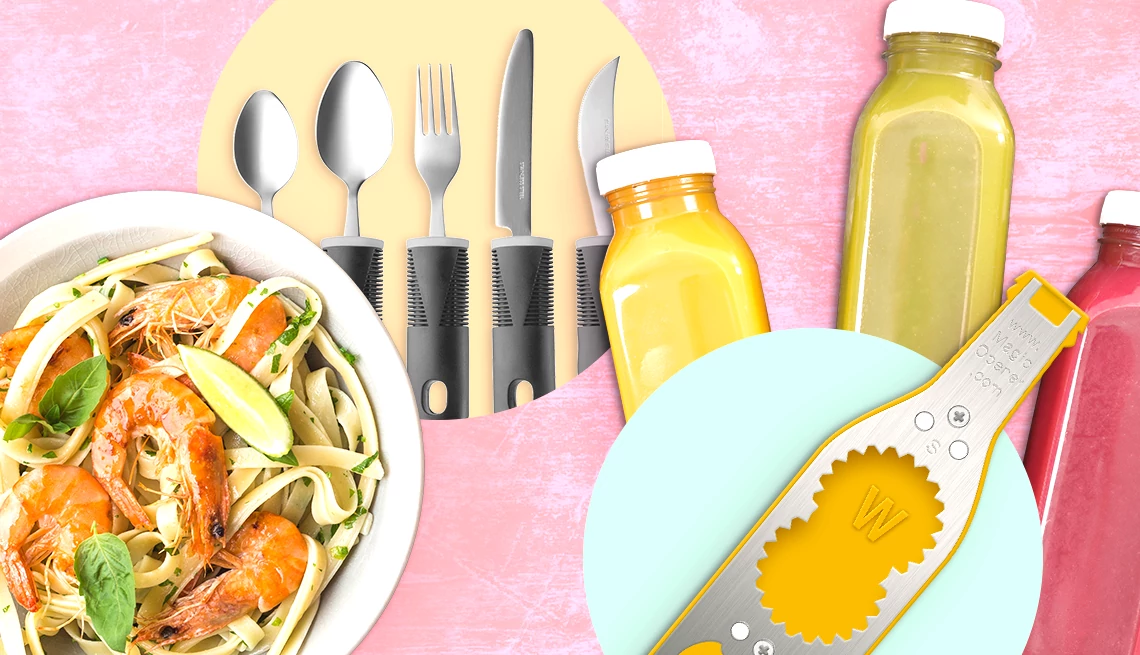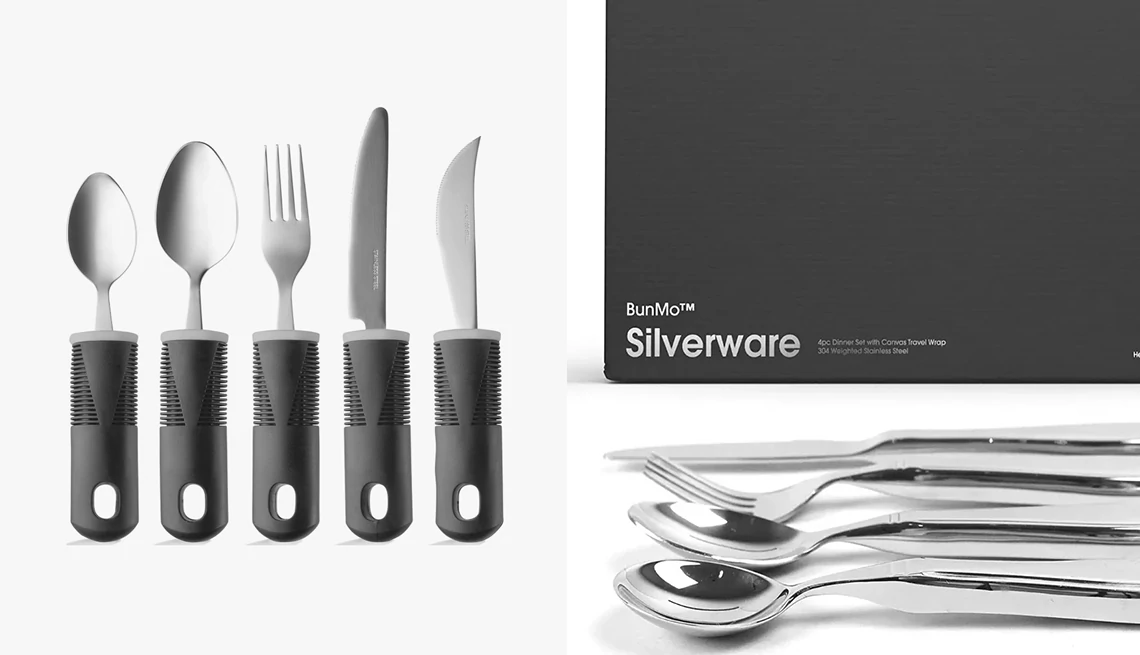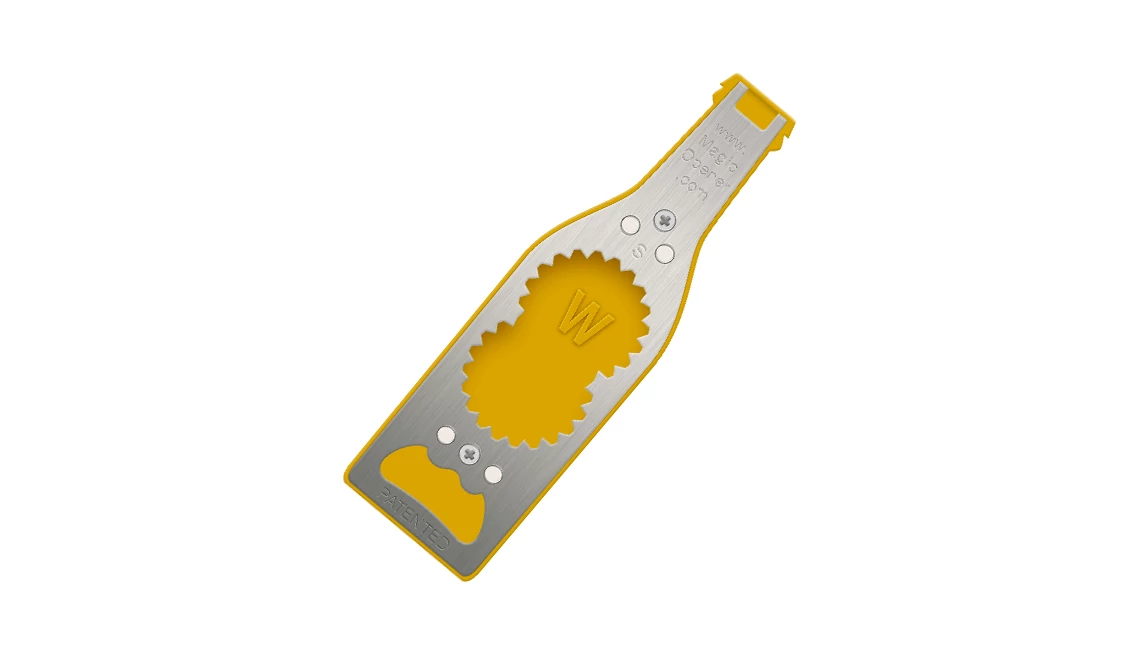AARP Hearing Center


As family caregivers know, caring for a loved one can be an all-encompassing task. It often includes assisting with dressing, walking, eating, bathing and toileting, not to mention all the driving to and from doctor’s appointments.
But during the three years that my sister and I shared caregiving responsibilities for our mother, who suffers from dementia and advanced Parkinson’s disease, one of the biggest challenges we encountered was mealtime. Eating became so difficult, she often required two to three hours per meal.
Not only did we not always have that much time to allocate to meals, but because her breakfast didn’t finish until noon, she would skip lunch, which resulted in her consuming fewer caloriesthan her body required. At the time, her occupational therapist recommended “nosey” cups with the nose cut out, which allowed my mom to drink without having to tip the cup up so high. I also purchased her weighted silverware to help with her hand tremor and bibs (which we call “clothing protectors”) to protect her clothing from food spills.
After a severe health episode last year, my mom was hospitalized and later transitioned to rehab. Doctors determined it was no longer safe for us to care for her at home, so she moved to a memory care facility, where she still lives. Because of chronic staffing shortages and overworked aides, my mom didn’t receive the feeding support she required, so I asked her occupational therapist what products might help. On her recommendation, we found that an easy-grip water bottle with a straw, high-sided plates, and wide-handled silverware. All made a huge difference in her ability to feed herself.
While many people suffering from Parkinson’s disease experience difficulty at mealtime, a wide range of conditions could impact someone’s ability to feed themselves, from severe arthritis and stroke to Huntington’s disease and muscular dystrophy. Scott Kaiser, M.D., a board-certified geriatrician at Providence Saint John’s Health Center in Santa Monica, California, notes that adaptive products like these can not only facilitate independent eating and ease caregivers' burden, but also help them retain a sense of autonomy and contribute to their psychological well-being.

































































More From AARP
10 Common Mistakes That Family Caregivers Make
Experts share how to avoid these caregiving pitfallsHow to Find Streaming TV Shows for Adults With Cognitive Challenges
Whether it’s ‘I Love Lucy’ or classic sports events, TV can elicit waves of warm feelings and even joyHow Caregivers Can Spot Malnutrition Symptoms
Learn the common signs and symptoms and what to do about themRecommended for You